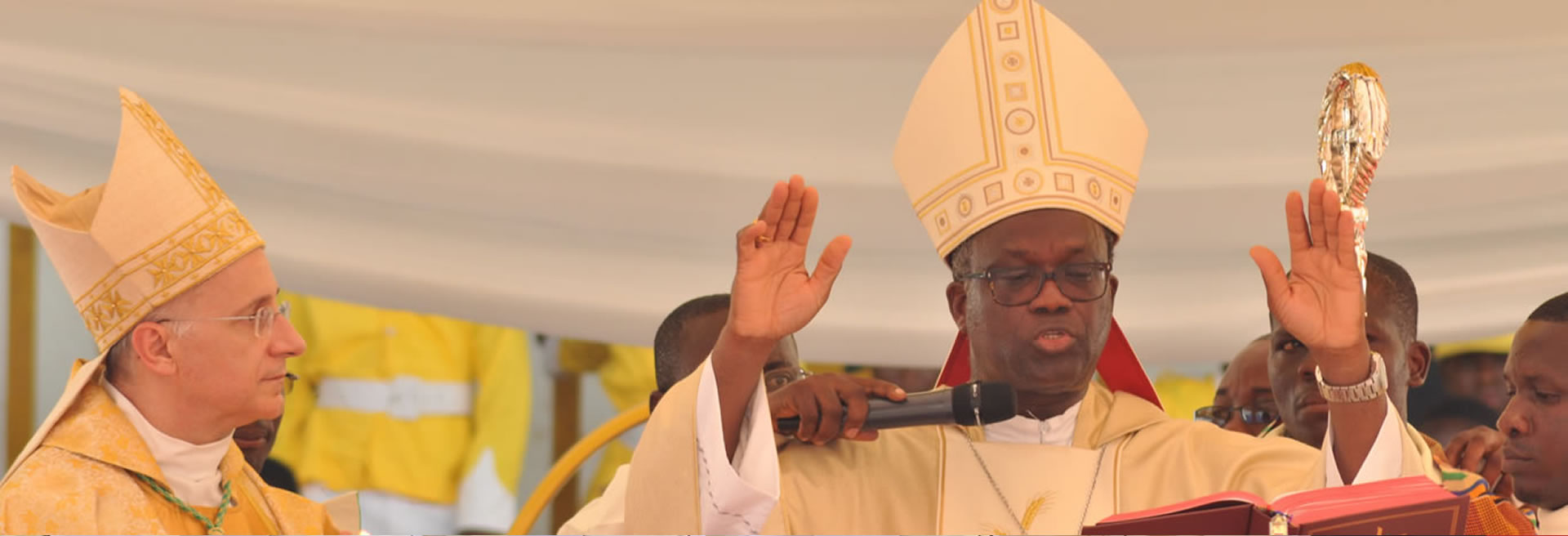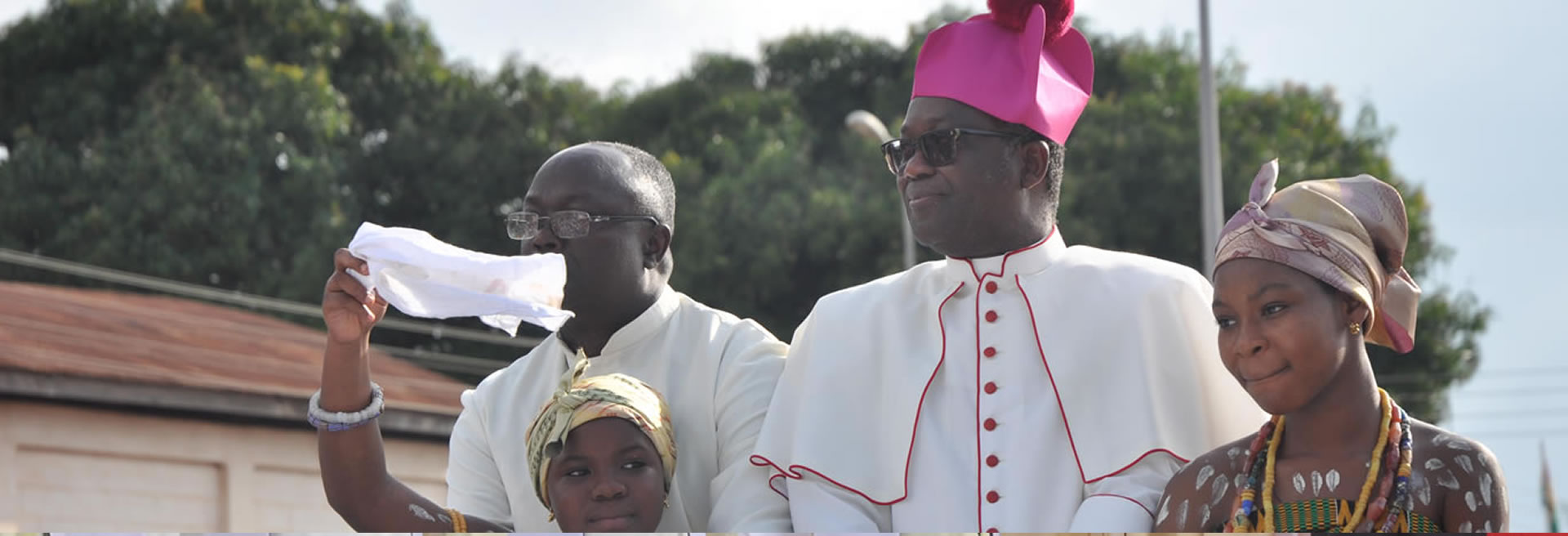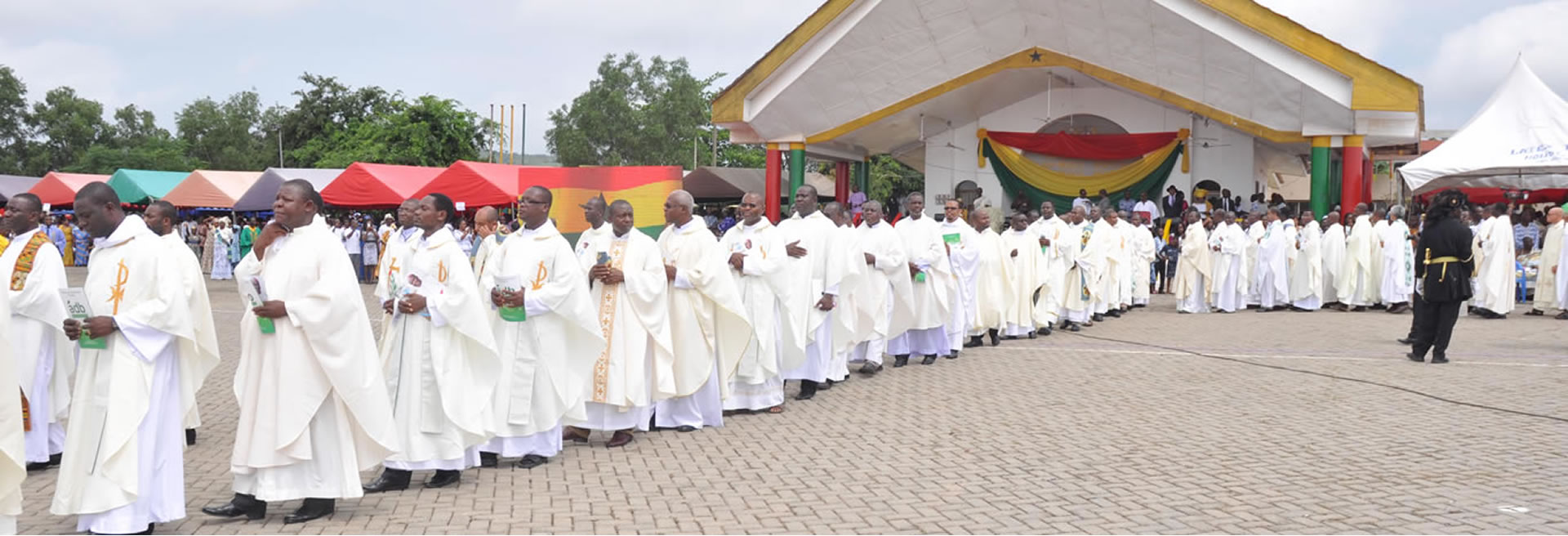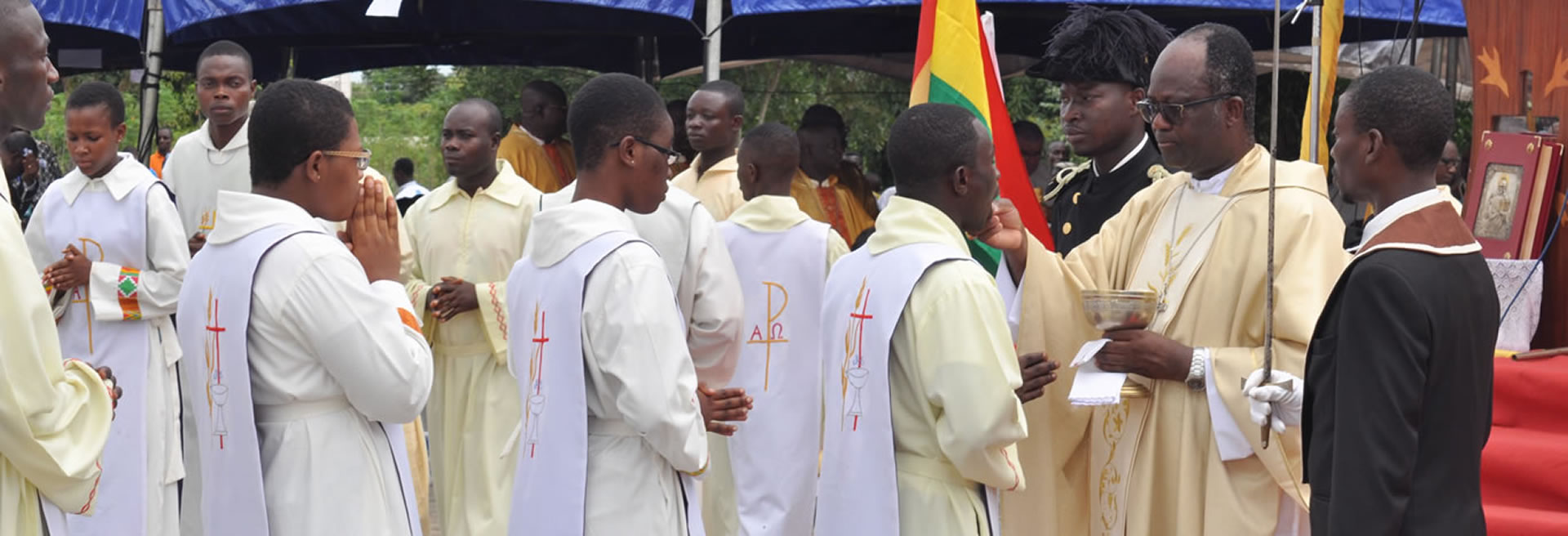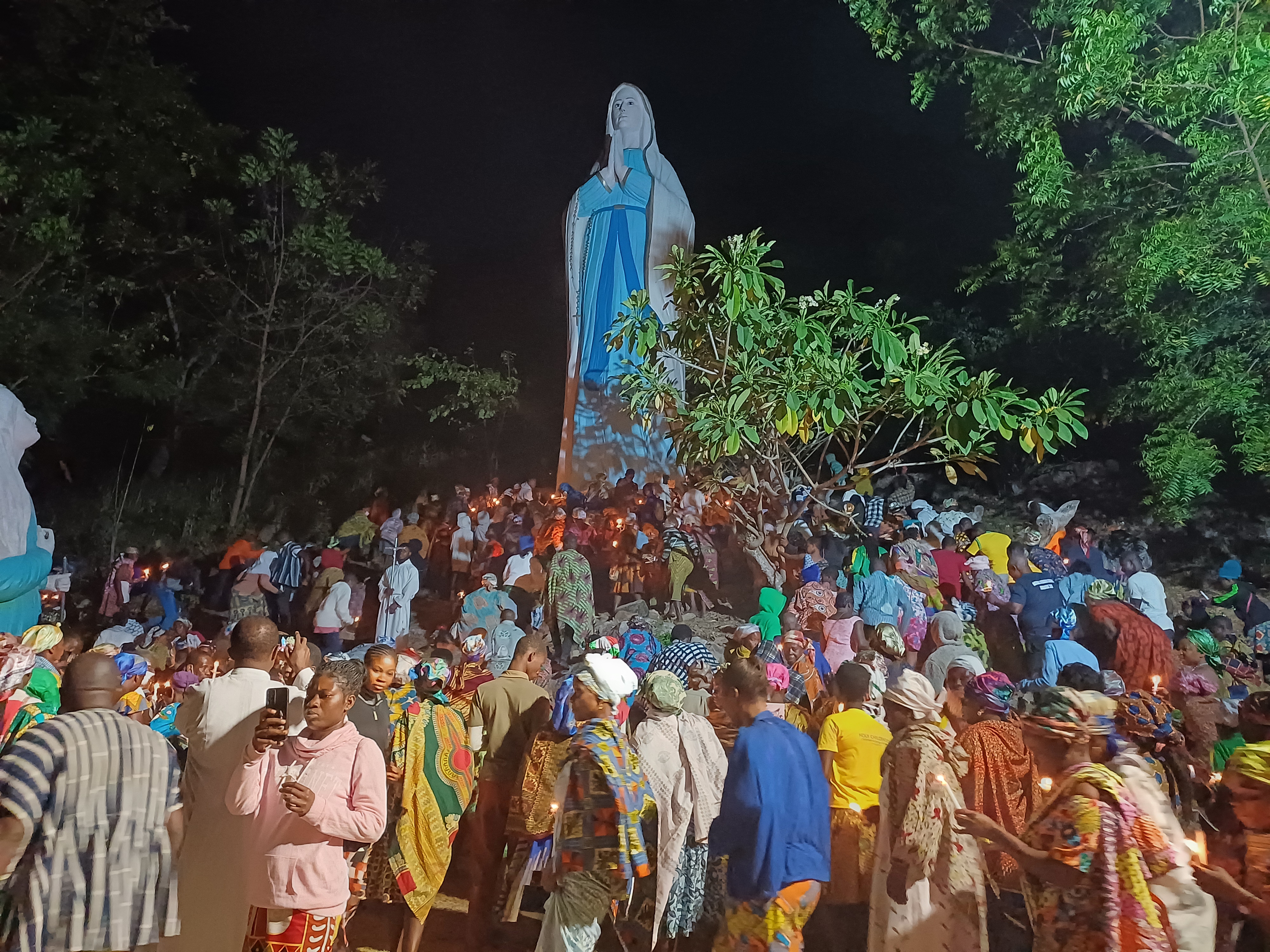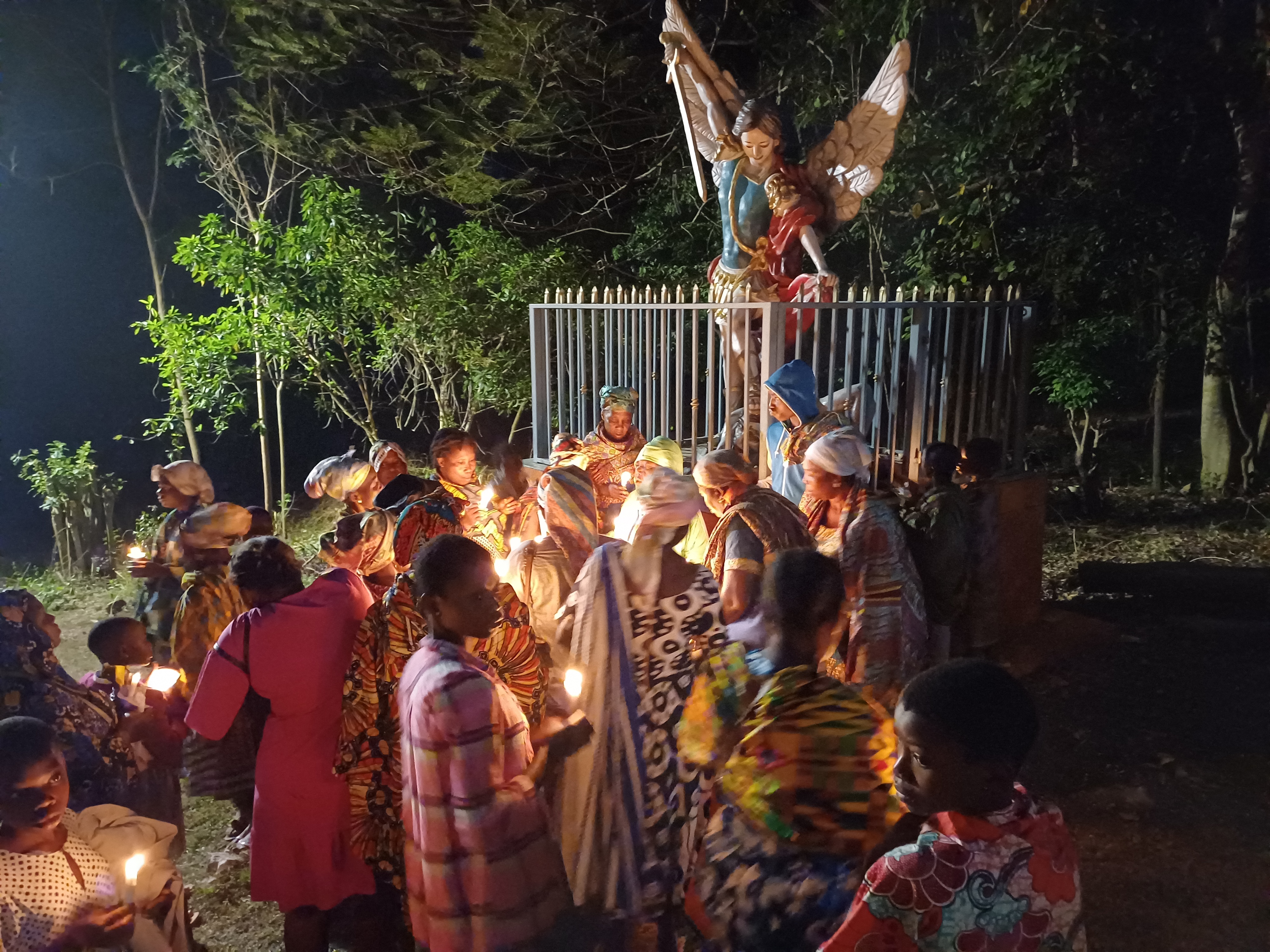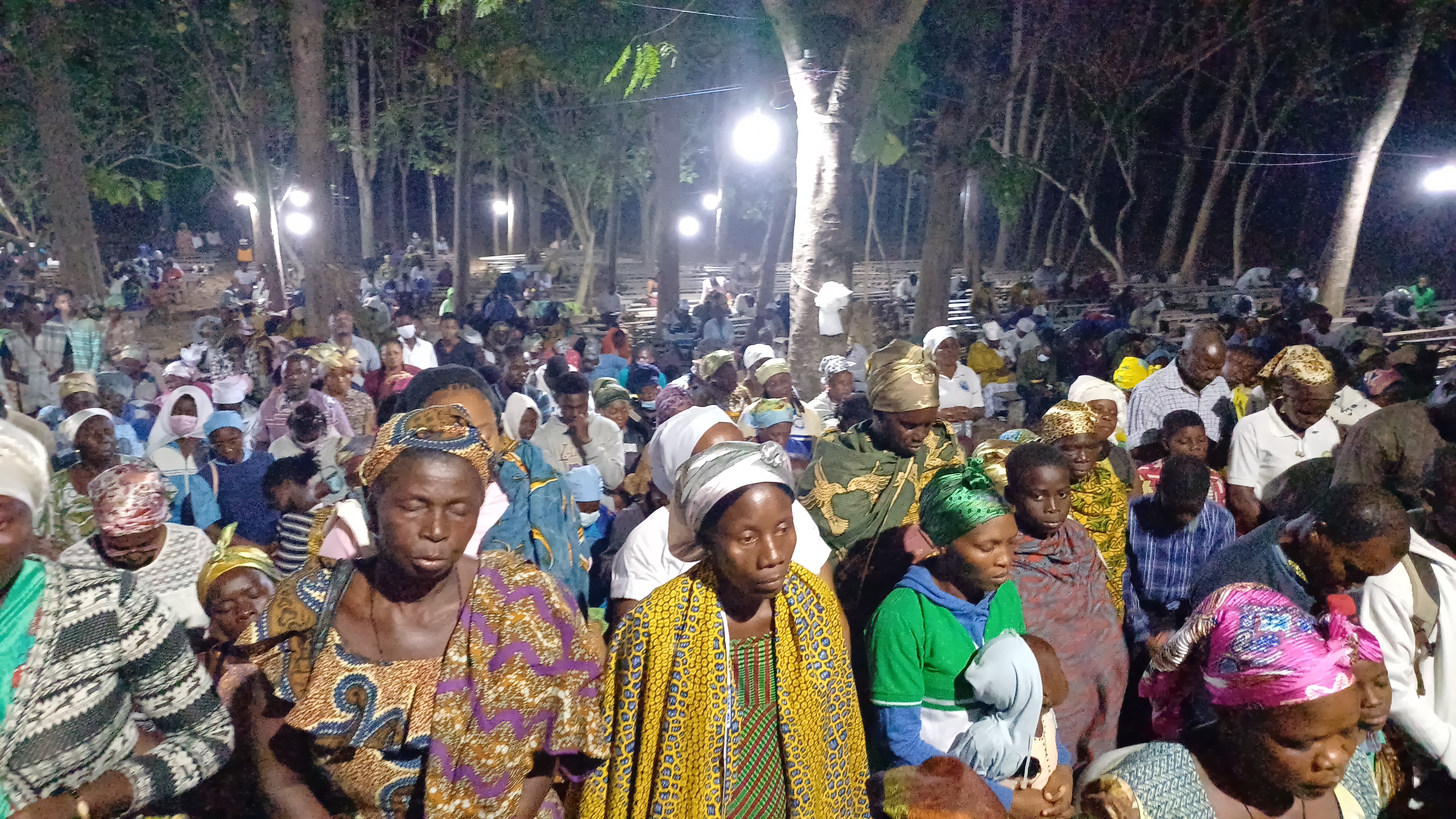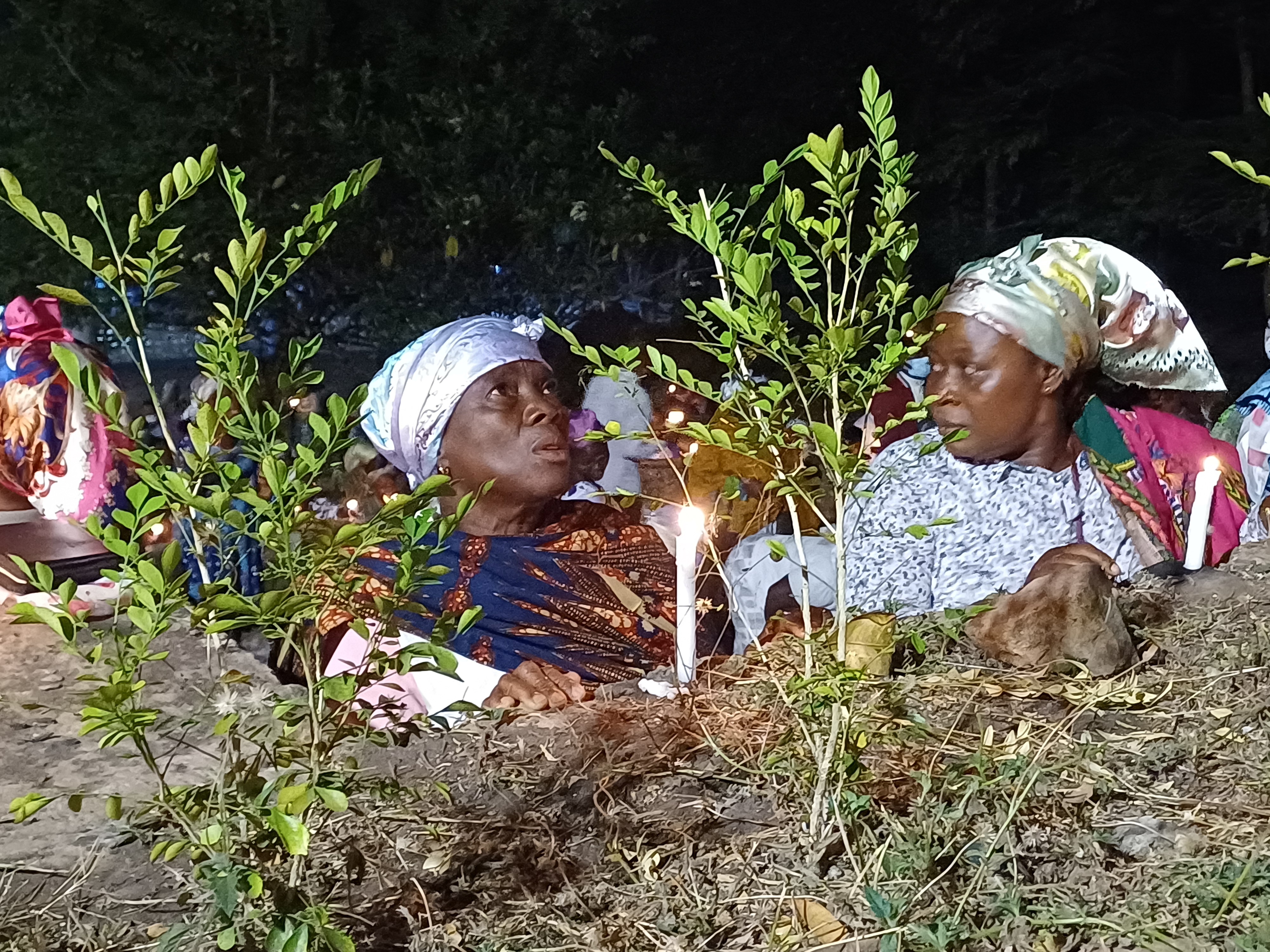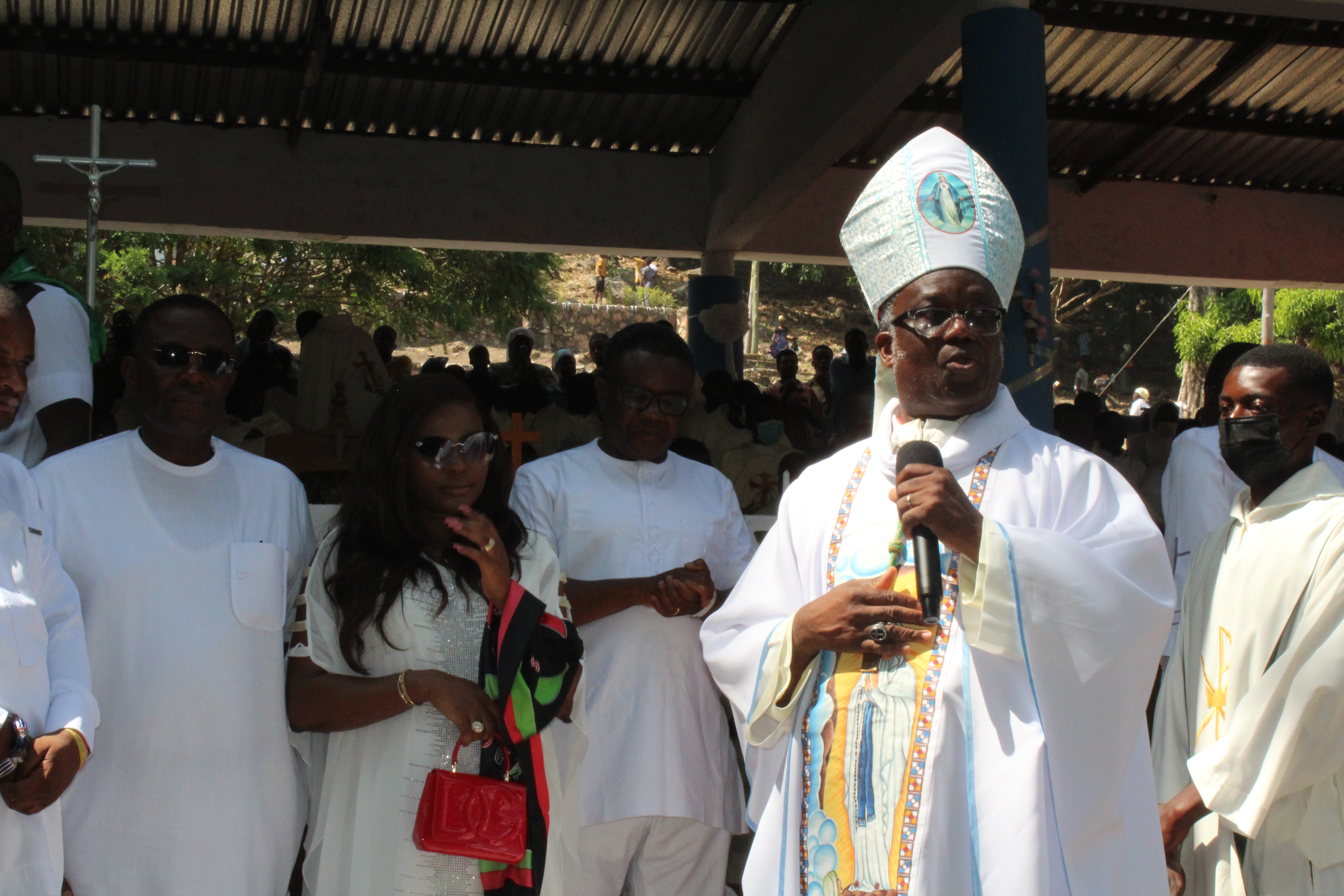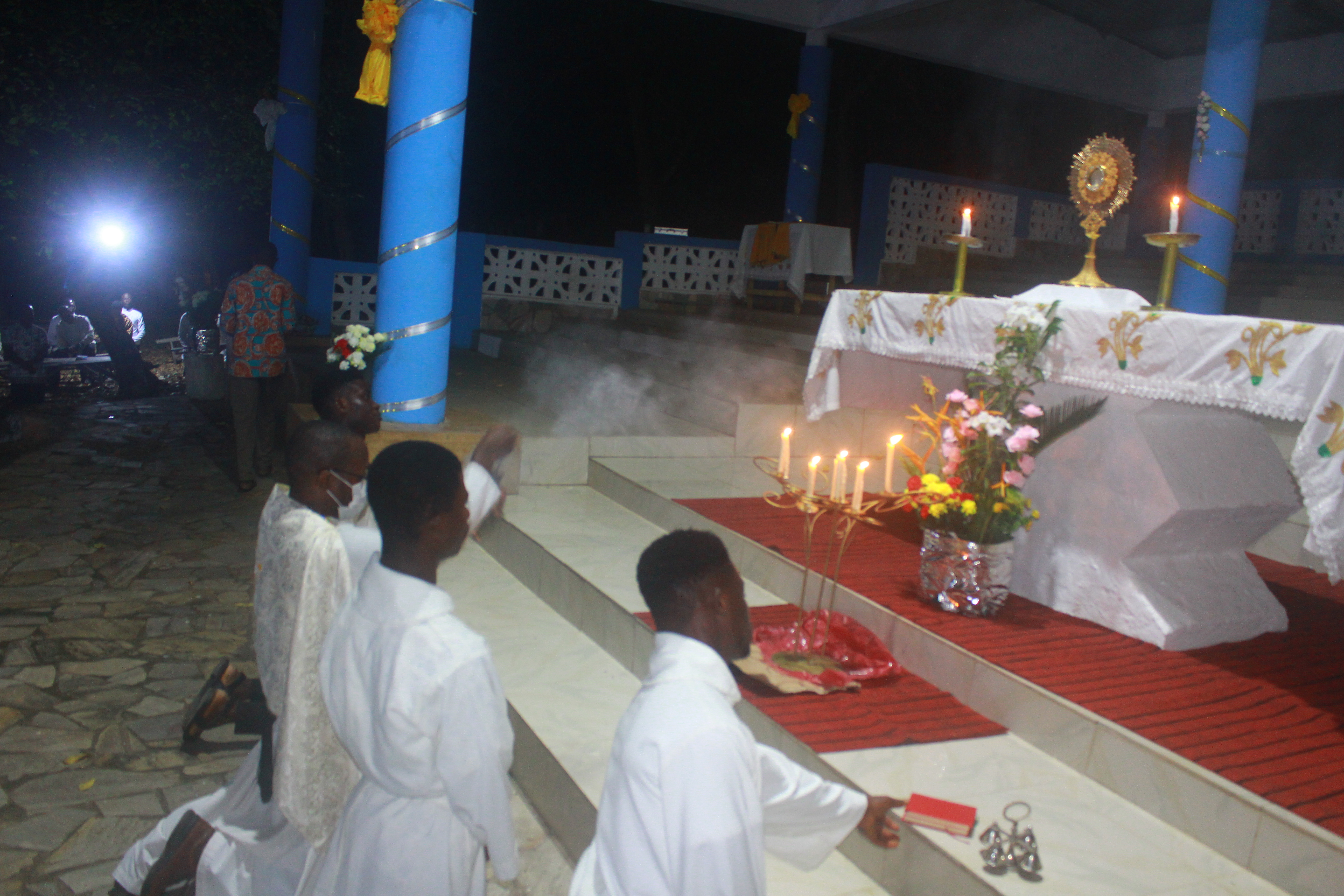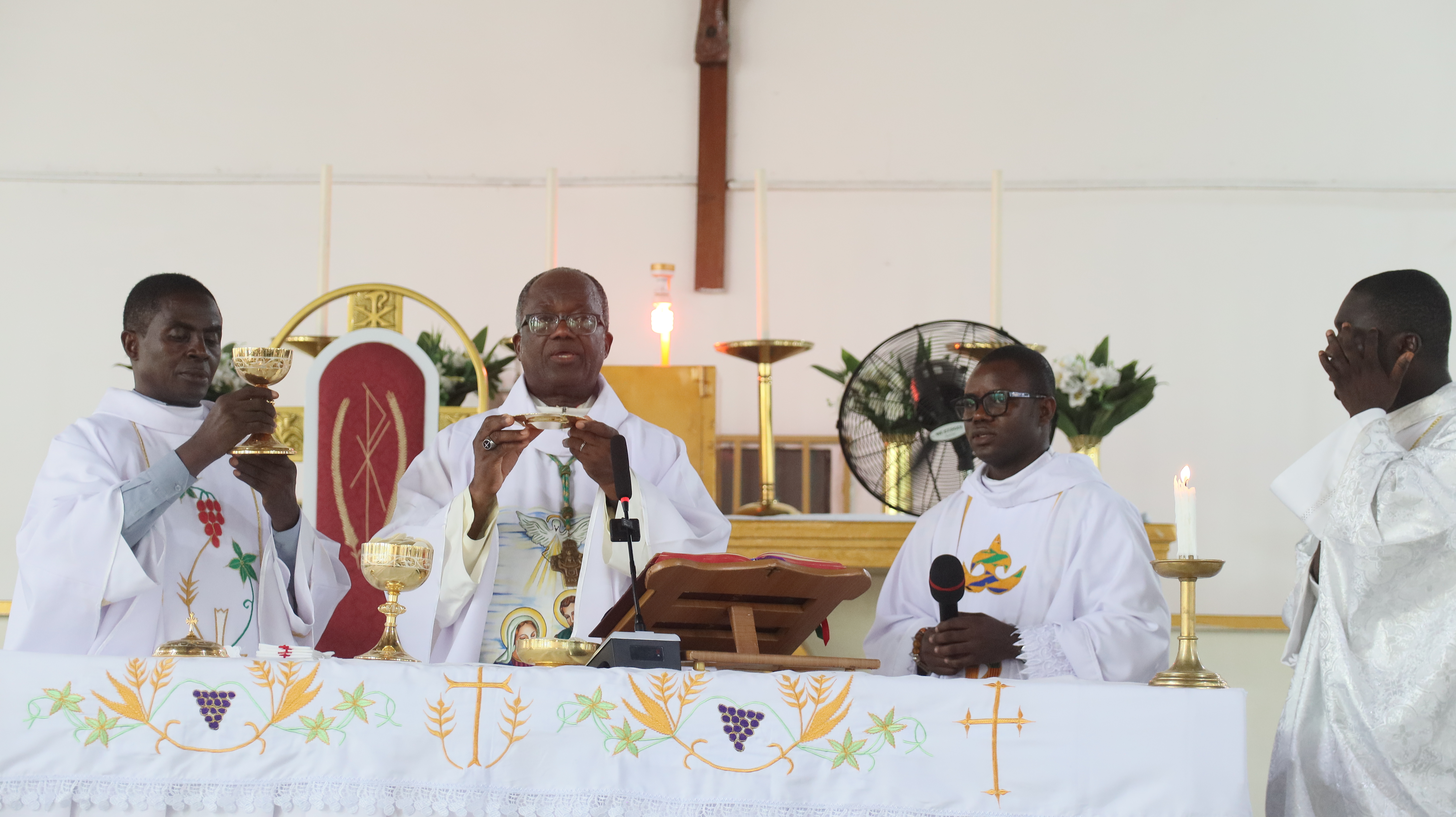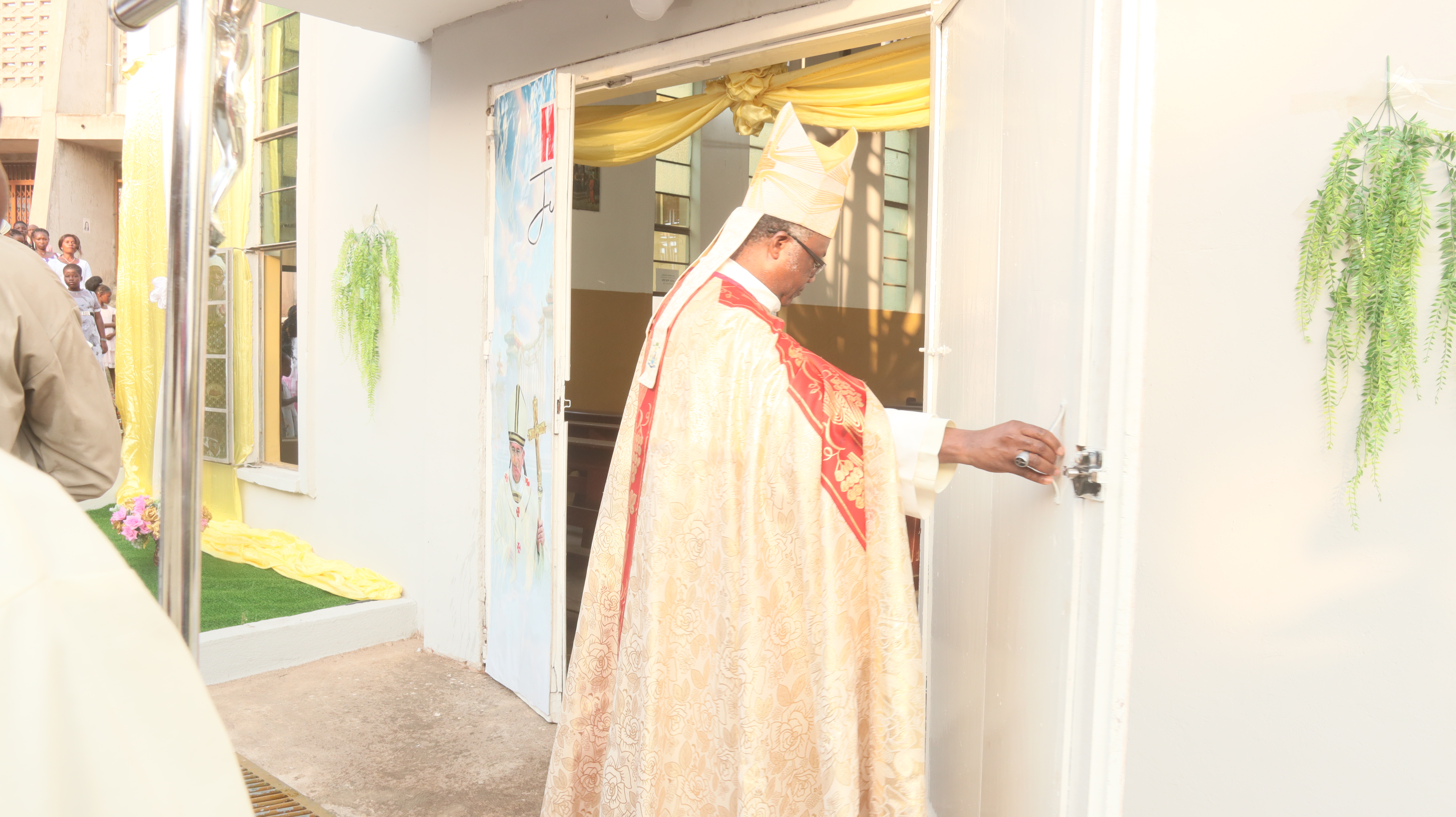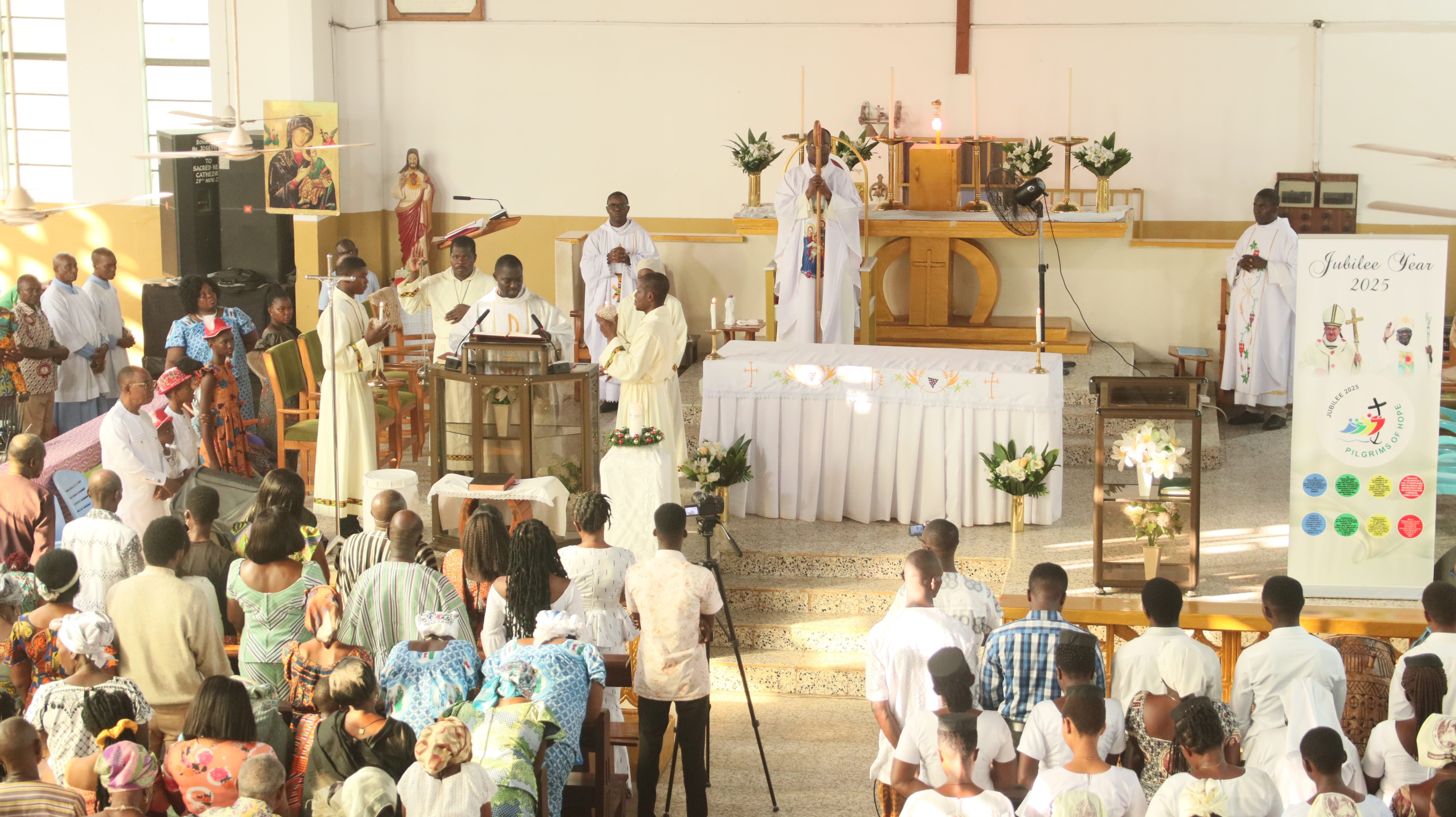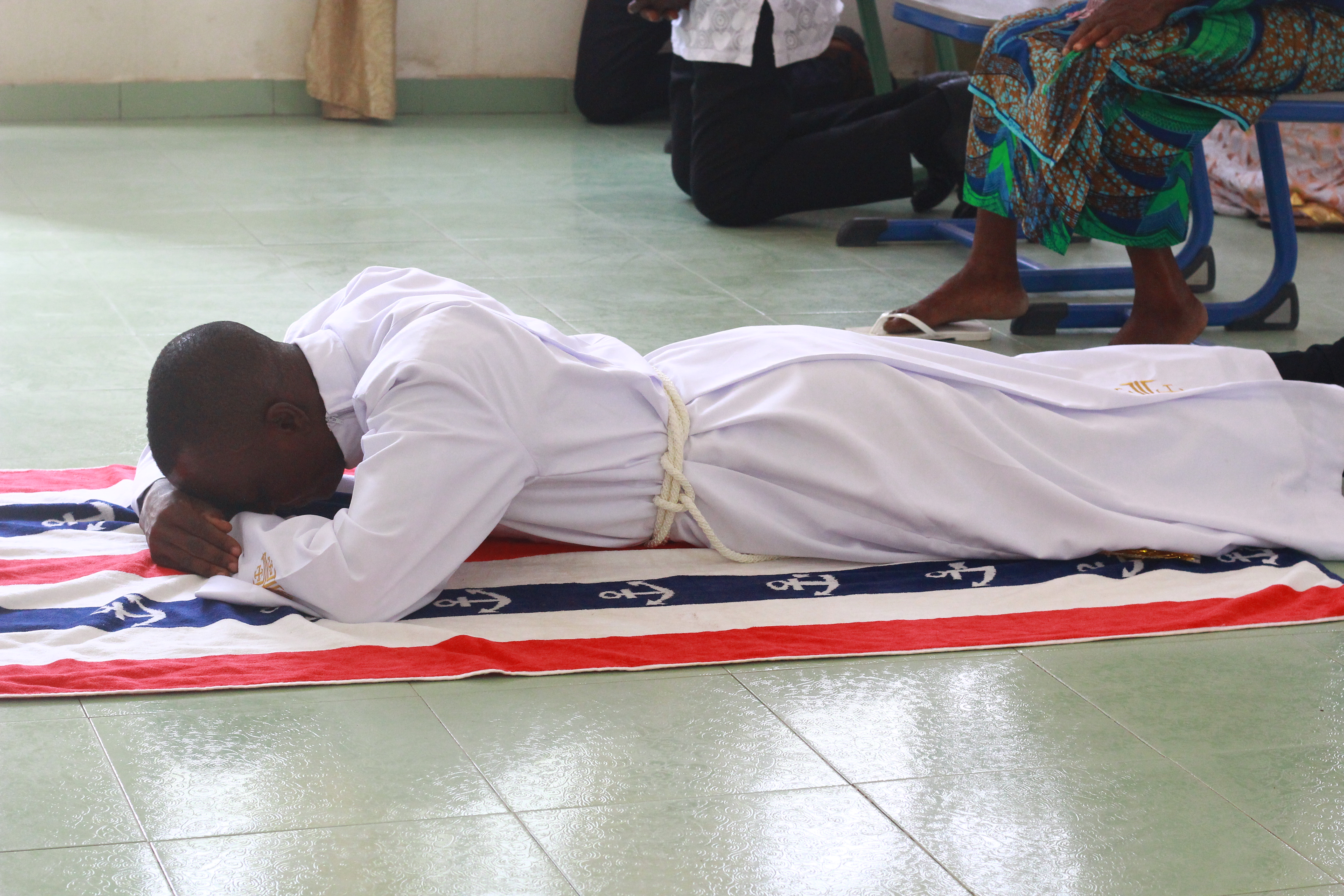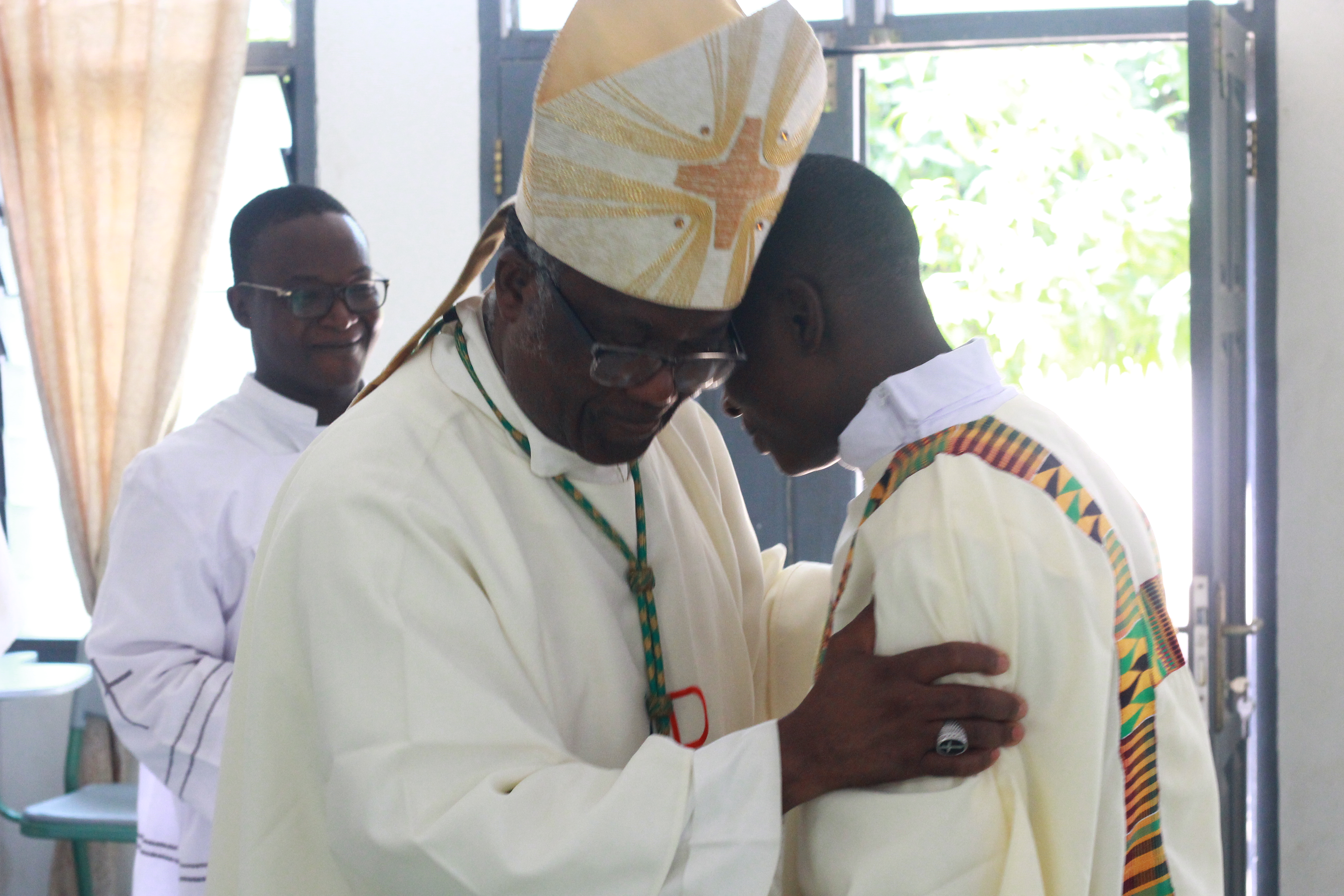GOD’S WORD IN DAILY LIFE
18 June/Tuesday/11th Week in Ordinary Time,
1Kgs 21,17-29/Psa 51,3-4.5-6.11.16/Matt 5,43-48
First Reading 1 Kings 21:17-29
The punishment of Ahab and Jezebel foretold
After the death of Naboth, the word of the Lord came to Elijah the Tishbite, ‘Up! Go down to meet Ahab king of Israel, in Samaria. You will find him in Naboth’s vineyard; he has gone down to take possession of it. You are to say this to him, “The Lord says this: You have committed murder; now you usurp as well. For this – and the Lord says this – in the place where the dogs licked the blood of Naboth, the dogs will lick your blood too.”’
Ahab said to Elijah, ‘So you have found me out, O my enemy!’ Elijah answered, ‘I have found you out. For your double dealing, and since you have done what is displeasing to the Lord, I will now bring disaster down on you; I will sweep away your descendants, and wipe out every male belonging to the family of Ahab, fettered or free in Israel. I will treat your House as I treated the House of Jeroboam son of Nebat and of Baasha son of Ahijah, for provoking my anger and leading Israel into sin. (Against Jezebel the Lord spoke these words: The dogs will eat Jezebel in the Field of Jezreel.) Those of Ahab’s family who die in the city, the dogs will eat; and those who die in the open country, the birds of the air will eat.’
And indeed there never was anyone like Ahab for double dealing and for doing what is displeasing to the Lord, urged on by Jezebel his wife. He behaved in the most abominable way, adhering to idols, just as the Amorites used to do whom the Lord had dispossessed for the sons of Israel.
When Ahab heard these words, he tore his garments and put sackcloth next his skin and fasted; he slept in the sackcloth; he walked with slow steps. Then the word of the Lord came to Elijah the Tishbite, ‘Have you seen how Ahab has humbled himself before me? Since he has humbled himself before me, I will not bring the disaster in his days; I will bring the disaster down on his House in the days of his son.’
Responsorial Psalm Psalm 50(51):3-6,11,16
Have mercy on us, Lord, for we have sinned.
Have mercy on me, God, in your kindness.
In your compassion blot out my offence.
O wash me more and more from my guilt
and cleanse me from my sin.
My offences truly I know them;
my sin is always before me
Against you, you alone, have I sinned;
what is evil in your sight I have done.
From my sins turn away your face
and blot out all my guilt.
O rescue me, God, my helper,
and my tongue shall ring out your goodness.
Gospel Acclamation 2 Cor 5:19
Alleluia, alleluia!
God in Christ was reconciling the world to himself,
and he has entrusted to us the news that they are reconciled.
Alleluia!
Gospel Matthew 5:43-48
Pray for those who persecute you
Jesus said to his disciples: ‘You have learnt how it was said: You must love your neighbour and hate your enemy. But I say this to you: love your enemies and pray for those who persecute you; in this way you will be sons of your Father in heaven, for he causes his sun to rise on bad men as well as good, and his rain to fall on honest and dishonest men alike. For if you love those who love you, what right have you to claim any credit? Even the tax collectors do as much, do they not? And if you save your greetings for your brothers, are you doing anything exceptional? Even the pagans do as much, do they not? You must therefore be perfect just as your heavenly Father is perfect.’
Reflection
We ended the reflection on the crime of King Ahab against Naboth of Jezreel on the note that we should not adopt violence in our fight against injustice. The First Reading now confirms our conclusion by saying that we should leave vengeance to God. He is the right judge and the defender of the righteous. Naboth of Jezreel was defenceless before the machinations of Jezebel on behalf of the husband, King Ahaz. Once the owner of the vineyard was murdered and King Ahaz was informed about it, he went to take possession of what was not his own. He did not even think that others of the house of Naboth of Jezreel had the right to inherit the property. How short-sighted selfish people can be in their desire to dispossess others!
The First Reading teaches us that God is there to protect the defenceless or the voiceless. God defends them at his own chosen time. In the story, God sent Elijah to King Ahab to confront him with his guilt. He was also to inform him of the punishment that he has decided for him. He was to face humiliation as God has decided to eliminate all his male descendants. In effect, he was to have no one to continue the dynasty after him. In this way, God was taking away the kingdom from Ahab. Jezebel, the architect of the crime also received her share of punishment. Interestingly, the story talks about the repentance of King Ahab. His repentance resounds in the words of the Responsorial Psalm today as the Psalmist acknowledges knowledge of his guilt and his awareness that his guilt is before God. In the case of Jezebel, nothing is said of her repentance. We can understand this to be an indication of her obstinacy or stubbornness in sin and her refusal to take responsibility for her murderous act.
The reading also shows the merciful character of God as he is ready to forgive repentant King Ahab. The punishment was to be delayed so that he would not suffer personally from it. However, what was said of his descendants was to be carried out, meaning that his descendants were not to inherit the throne. The readiness of God to forgive a person who repents shows that he does not want the death of the sinner. He desires that he/she recognises his/her sin and repent so that he/she may live. God’s love for his creation is at the basis of the invitation of Jesus in the Gospel Reading to pray for our enemies and those who persecute us. It is not easy to do so but we can be certain that our prayers can help the enemy realise the wrong he/she has done and repent. The repentance of the enemy is victory for the righteous and for the kingdom of God. We should be glad that we have contributed in our own small way to the realisation of a just world in which enemies turn into peacemakers and God’s kingdom becomes more visible in everyday life.


